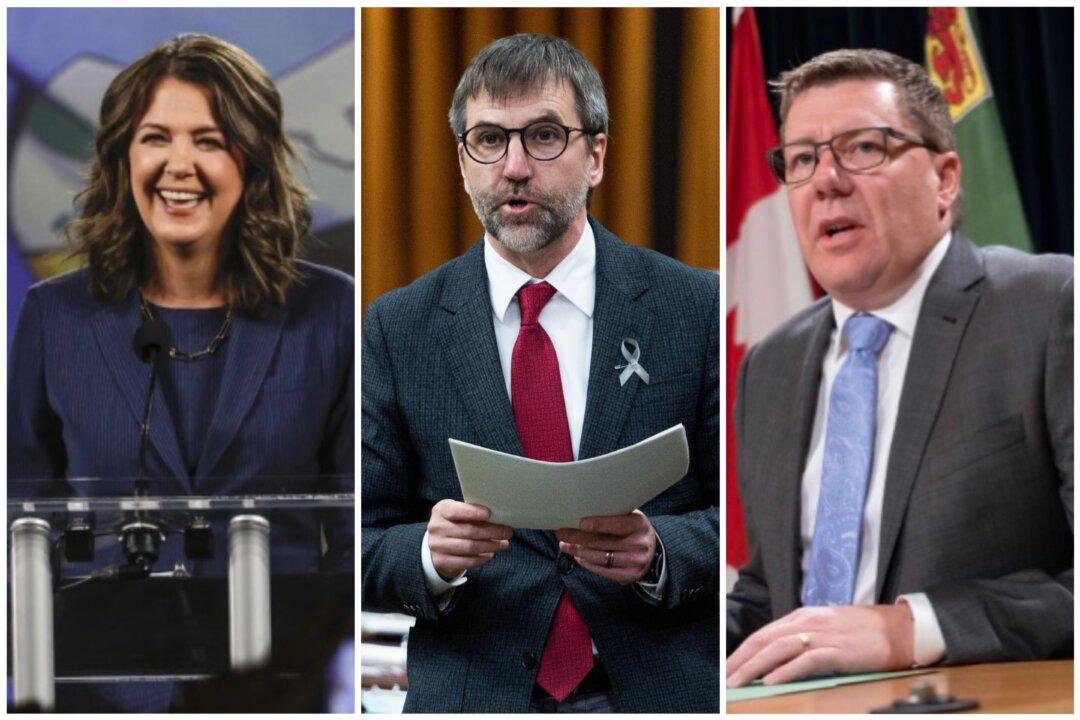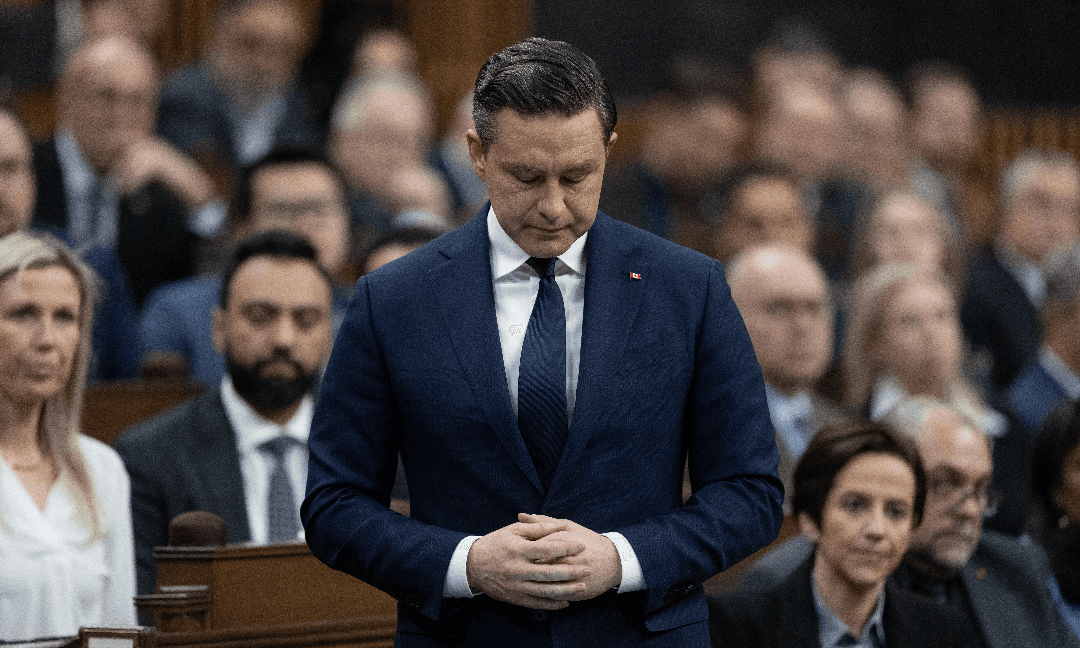Following the federal government’s announcement of a regulatory framework to cut oil and gas emissions by 35 to 38 percent below 2019 levels, the premiers of Alberta and Saskatchewan have indicated they will fight back against the policy and protect their “constitutional right” to develop their own energy sectors.
“The recent announcement on what they are calling an emissions cap, but today’s announced de facto production cap on Alberta’s oil and gas sector amounts to an intentional attack by the federal government on the economy of Alberta and the financial well-being of millions of Albertans and Canadians,” Alberta Premier Danielle Smith said during a press conference shortly after the Dec. 7 announcement.





